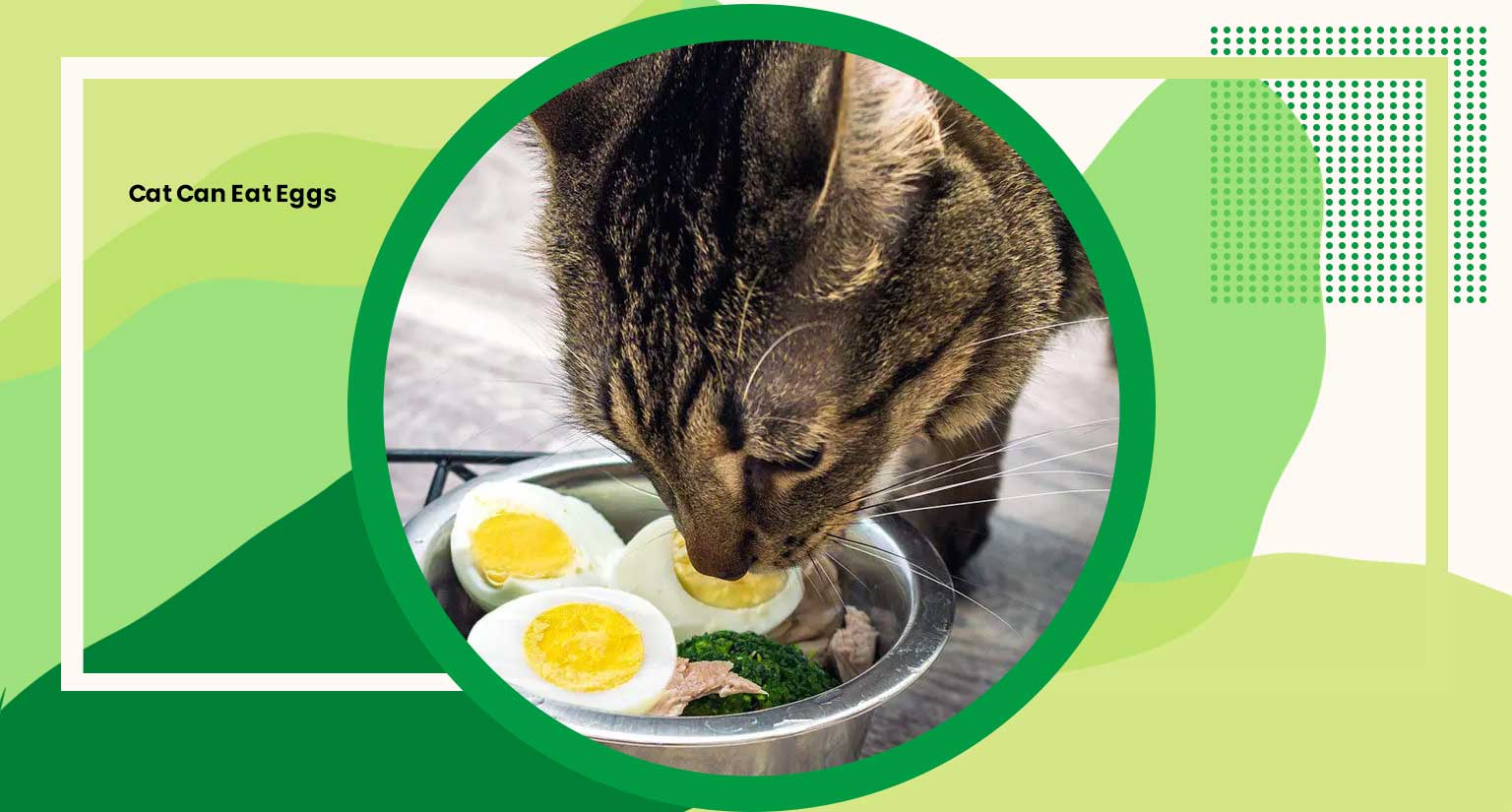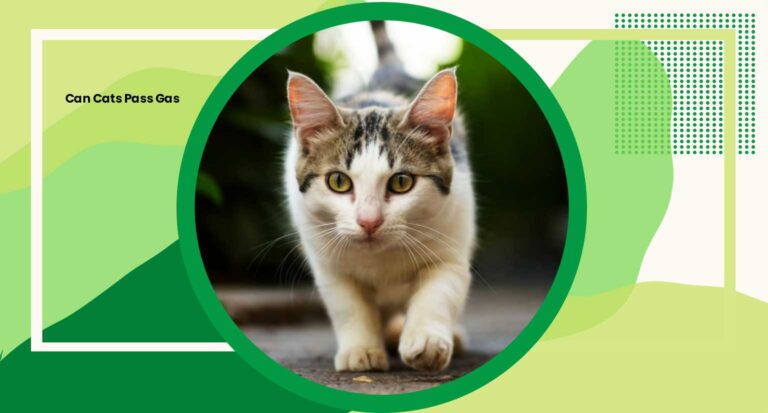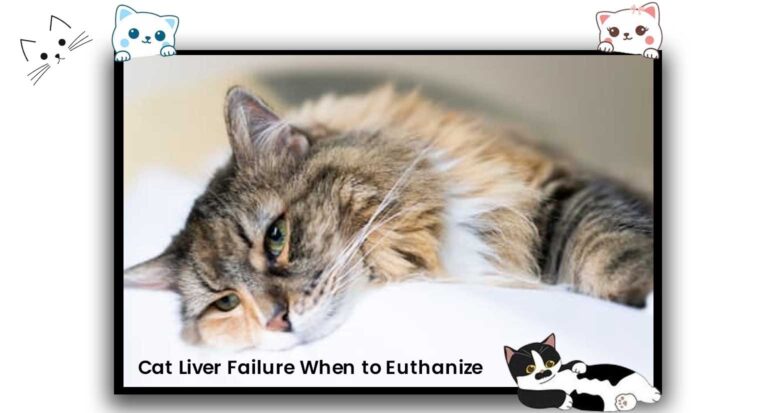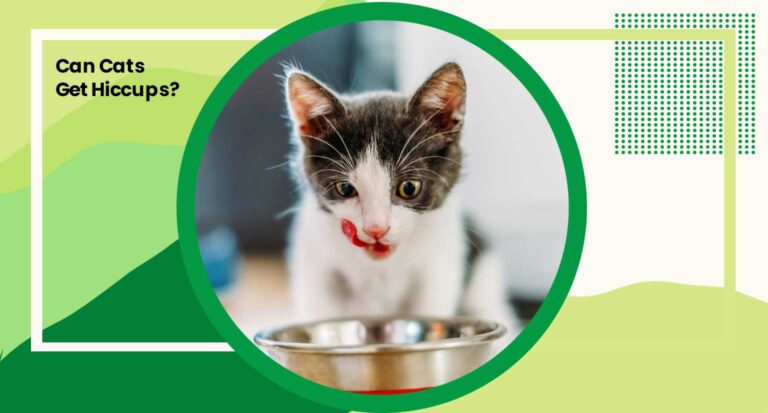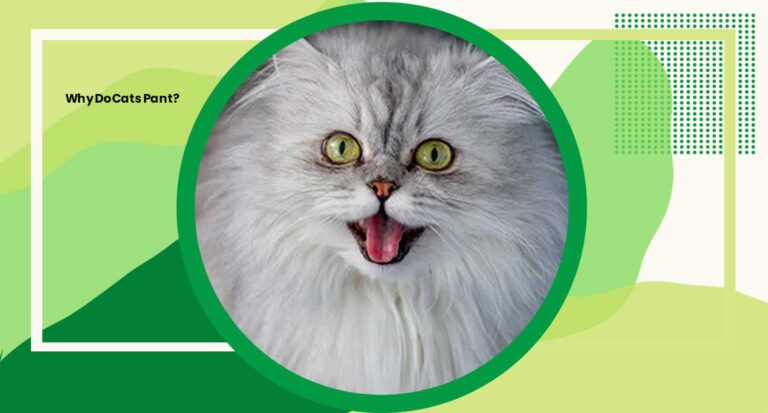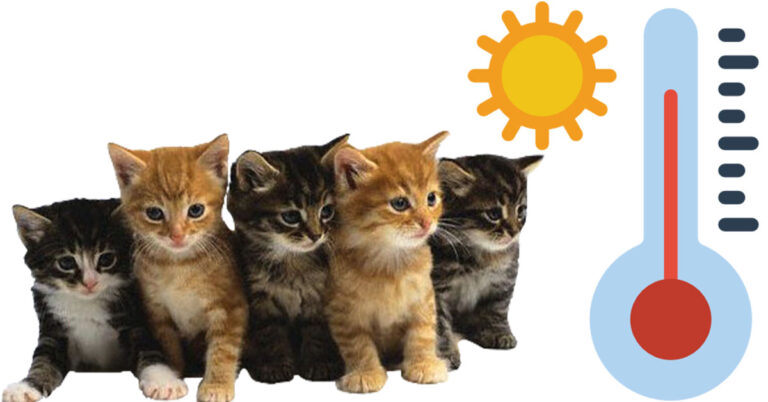Cat Can Eat Eggs
With curiosity sparked, a question arises: can cats eat eggs? As devoted pet owners, ensuring the well-being of our feline companions is paramount.
Dive into this comprehensive guide to unravel the mystery, exploring the benefits and considerations of incorporating eggs into your cat’s diet.
Let’s embark on a journey to discover the untold advantages that lie within this simple yet powerful question.
Cat Can Eat Eggs
Eggs aren’t just a breakfast staple for humans; they can be a nutritional powerhouse for your cat too.
Explore the reasons why eggs can be a wholesome addition to your feline friend’s diet, from essential nutrients to potential health advantages.
Benefits of Eggs in Your Cat’s Diet
Let’s delve into the details and uncover why allowing your cat to enjoy eggs might be the key to a healthier and happier companion.
Rich Source of Protein
Eggs serve as a protein powerhouse for your cat, offering essential amino acids vital for their overall health.
With a well-balanced amino acid profile, eggs can contribute significantly to your cat’s muscle development and tissue repair.
Nutrient-Rich Addition
Packed with vitamins such as vitamin A, Biotin, and essential minerals like selenium, eggs provide a robust nutritional boost.
These nutrients play a crucial role in maintaining your cat’s coat health, vision, and overall vitality.
Potential Health Benefits
Studies suggest that eggs can aid in reducing inflammation and promoting healthy skin in cats due to their omega-3 fatty acids content.
Additionally, they may contribute to a shinier coat and stronger immune system.
Considerations and Moderation
While eggs offer numerous benefits, moderation is key.
Determine your cat’s specific dietary needs and any potential allergies or sensitivities before incorporating eggs into their diet.
Is It Okay for Cats to Eat Eggs?
The question of whether cats can safely consume eggs is a common concern among pet owners.
Let’s delve deeper into this query to understand the intricacies and considerations associated with offering eggs to your feline companion.
Raw vs Cooked
While cooked eggs are generally safe for cats and can provide nutritional benefits, raw eggs pose a potential risk of bacterial contamination, particularly with salmonella.
It’s highly recommended to serve eggs to your cat in a cooked form to eliminate any potential health hazards.
Moderation
Introducing eggs into your cat’s diet should be done in moderation.
While eggs offer valuable nutrients, excessive consumption can lead to dietary imbalances.
As with any new food, it’s advisable to start with small portions and observe your cat’s reaction before making it a regular part of their meals.
Every cat is unique, and individual dietary needs can vary based on age, health conditions, and overall diet.
They can provide tailored advice based on your cat’s specific requirements.
Allergies and Sensitivities
Some cats may exhibit allergies or sensitivities to certain foods, including eggs.
Watch out for any adverse reactions such as gastrointestinal upset, skin irritations, or changes in behavior after introducing eggs.
If any concerning symptoms arise, discontinue feeding eggs and seek veterinary guidance.
Balanced Diet
Eggs should be seen as a supplement to your cat’s existing balanced diet rather than a replacement for essential feline nutrition.
They should be part of a varied diet that includes high-quality cat food specifically formulated to meet their nutritional needs.
By considering these factors and understanding the nuances associated with feeding eggs to cats, you can make informed decisions regarding your cat’s diet.
How to Safely Feed Eggs to Your Beloved Cat
Introducing eggs into your cat’s diet can be a beneficial addition, provided it’s done in a safe and appropriate manner.
Here are some guidelines to ensure a smooth and safe transition for your feline friend:
Cooking Methods
Option for cooking methods that are simple and devoid of additional seasonings or oils. Boiled or scrambled eggs without salt, pepper, or any additives are ideal for your cat. Avoid using butter or cooking sprays.
Small Portions
Start by offering a small portion of egg to your cat. Monitor their reaction for any signs of allergies or digestive upset.
Gradually increase the quantity if your cat shows a positive response.
Frequency
Consider incorporating eggs into your cat’s diet occasionally rather than as a daily meal. This helps maintain variety without disrupting their regular dietary routine.
Mixing with Regular Food
You can mix small amounts of cooked eggs with your cat’s regular food to encourage acceptance. Gradually increase the proportion of eggs if your cat enjoys the taste and shows no adverse reactions.
Prior to introducing eggs or any new food to your cat, consult your veterinarian. They can offer personalized advice based on your cat’s health, dietary requirements, and potential allergies.
Observation
Observe your cat’s behavior and health after introducing eggs. Look for any changes in appetite, stool consistency, or allergic reactions. If any concerns arise, cease feeding eggs and seek veterinary guidance.
Quality and Freshness
Ensure the eggs you offer your cat are fresh and of high quality. Avoid using eggs that are past their expiration date or show signs of spoilage.
By following these practical tips, you can safely incorporate eggs into your cat’s diet, providing them with a nutritious treat while ensuring their health and well-being.
How Many Eggs Can a Cat Eat?
Eggs can be a nutritious addition to your cat’s diet, striking the right balance is essential.
Discovering how many eggs your cat can eat involves considering various factors to ensure their health and well-being:
Size and Age
The quantity of eggs suitable for your cat can depend on factors such as their size and age.
Larger breeds may tolerate a slightly higher egg intake, while kittens or senior cats may require smaller portions.
Adjust the quantity based on your cat’s individual characteristics.
Protein Requirements
Cats thrive on a diet rich in protein, and eggs can contribute to meeting their protein requirements. However, it’s crucial to balance egg consumption with other protein sources in their diet, such as high-quality cat food. Consult your veterinarian to determine the ideal protein balance for your cat’s specific needs.
Frequency of Egg Feeding
Feeding eggs should be a sporadic addition rather than a daily occurrence.
While eggs offer valuable nutrients, too much of a good thing can lead to dietary imbalances.
Consider incorporating eggs into your cat’s diet once or twice a week, monitoring their response for any adverse effects.
Sensitivities
Each cat is unique, and individual sensitivities may influence their tolerance for certain foods.
Pay close attention to your cat’s reactions after introducing eggs, watching for any signs of allergies, digestive issues, or changes in behavior.
Adjust the quantity accordingly based on their response.
Veterinarian
Before establishing a regular egg feeding routine, consult with your veterinarian.
They can provide personalized guidance based on your cat’s health, dietary requirements, and any pre-existing conditions. Your vet can help you determine the optimal quantity of eggs that aligns with your cat’s overall health goals.
These factors and tailoring the quantity of eggs to your cat’s individual needs, you can ensure they enjoy the nutritional benefits without compromising their well-being.
Striking the right balance is key to incorporating eggs as a wholesome and safe part of your cat’s diet.
Can Cats Drink Milk with Eggs?
The classic image of a cat lapping up milk alongside a plate of eggs might seem charming, but the reality is a bit more complex.
Let’s explore whether it’s safe and advisable for cats to consume milk in conjunction with eggs:
Milk and Cats
Contrary to popular belief, many cats are lactose intolerant after kittenhood.
The ability to digest lactose diminishes, leading to potential digestive issues like diarrhea or upset stomachs when consuming milk.
Eggs and Cats
Eggs, when cooked and served plain, can be a nutritious addition to your cat’s diet, offering valuable protein and nutrients.
However, whether cats should consume eggs alongside milk depends on their individual tolerances.
Combining Milk and Eggs
It’s generally advisable to avoid offering milk to cats, especially alongside eggs, due to the potential for digestive discomfort.
While some cats might tolerate a small amount of milk without issues, the combination with eggs could exacerbate digestive problems.
They’ll guide you on whether your cat can safely consume a small amount of milk, with or without eggs, if at all.
Alternative Hydration
For hydration purposes, fresh water remains the best choice for cats. It’s essential to ensure they have constant access to clean water to keep them adequately hydrated without the risk of digestive issues associated with milk.
By understanding the nuances of cats’ digestive systems and seeking professional guidance, you can make informed choices about whether your cat can safely consume milk alongside eggs, ensuring their health and comfort above all.
Frequently asked questions (FAQs)
1. Are eggs safe for cats to eat?
Yes, eggs can be safe for cats when cooked thoroughly. Raw eggs, however, pose a risk of bacterial contamination, so it’s recommended to serve eggs cooked.
What nutritional benefits do eggs offer to cats?
Eggs are a great source of high-quality protein for cats, along with essential vitamins like vitamin A, vitamin D, and various B vitamins that contribute to their overall health.
3. How should eggs be prepared for cats?
Cooked eggs without any additives like salt, pepper, or butter are ideal for cats. Plain boiled or scrambled eggs are the safest options.
4. Can eggs be a regular part of a cat’s diet?
While eggs can offer nutritional benefits, they should be introduced in moderation. Feeding eggs once or twice a week, as part of a balanced diet, is generally recommended.
5. Are there risks associated with feeding eggs to cats?
Some cats may have allergies or sensitivities to eggs, leading to digestive issues or allergic reactions. Monitoring their response after introducing eggs is crucial.
6. How many eggs can a cat eat in a week?
The quantity of eggs suitable for a cat depends on various factors such as size, age, and individual tolerance. Consulting a veterinarian is advisable to determine the right quantity.
7. Can cats drink milk along with eggs?
It’s generally not recommended to offer milk to cats, especially alongside eggs, due to potential digestive issues. Cats can be lactose intolerant, which may cause discomfort.
8. How can I safely introduce eggs to my cat’s diet?
Start by offering small portions of cooked eggs and monitor your cat’s reaction. Consulting with a vet before making dietary changes is highly recommended for safety.

